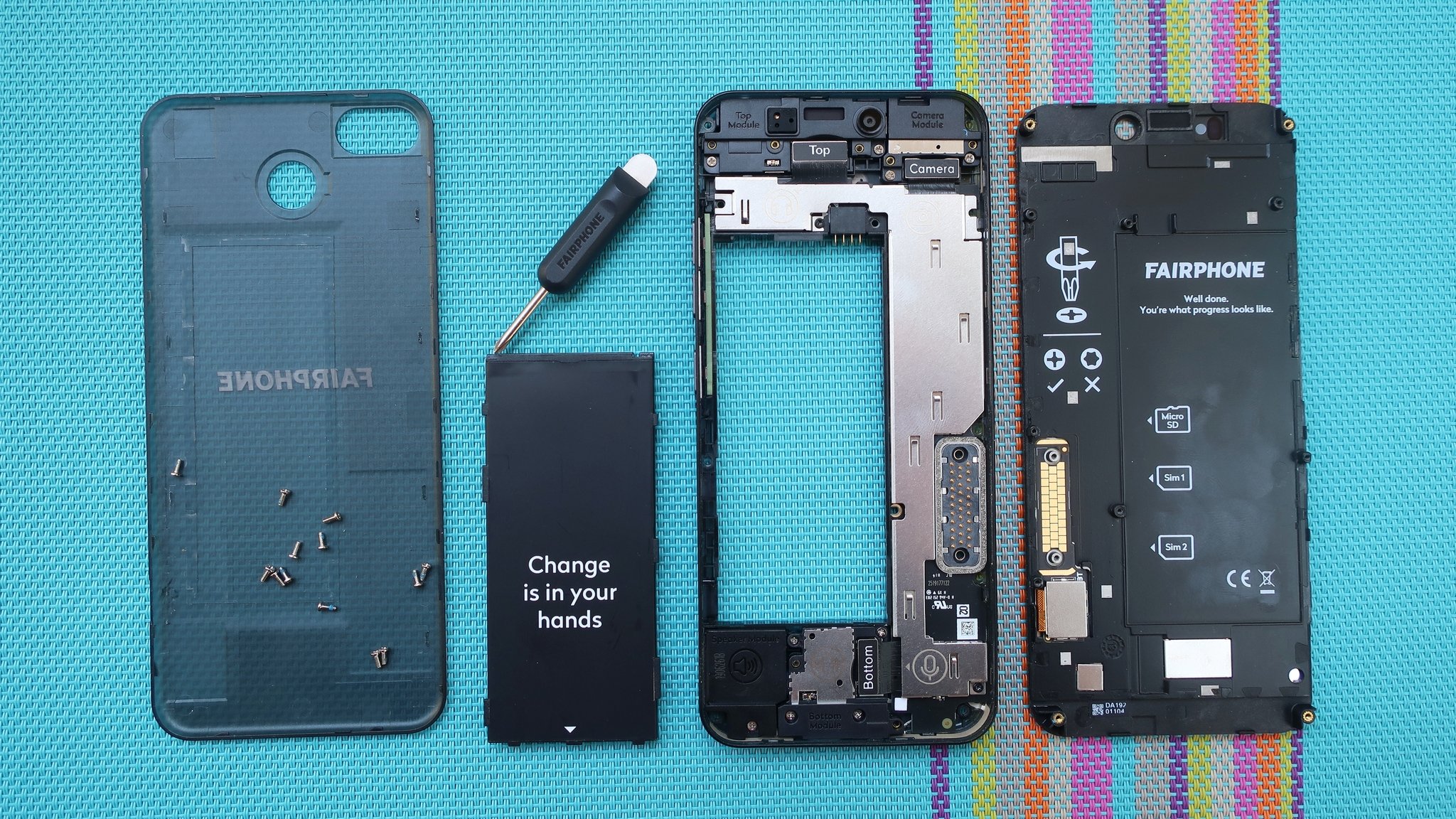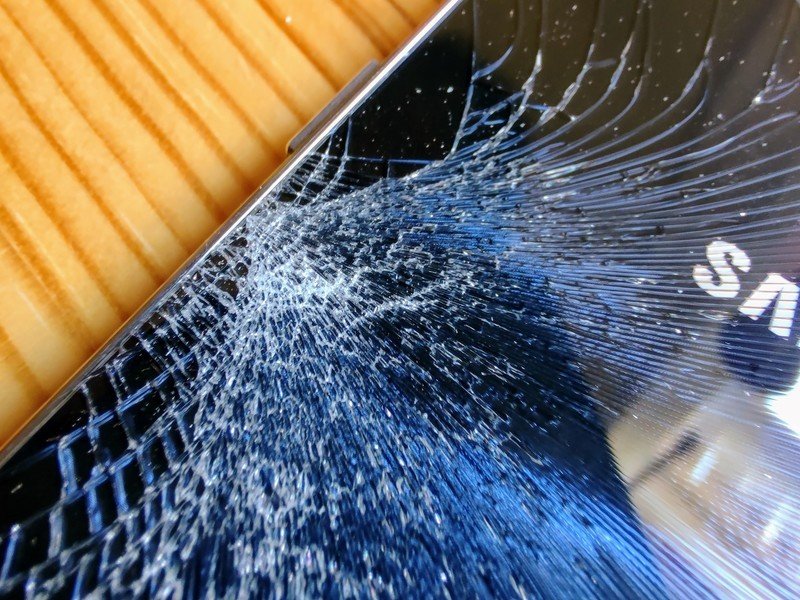Fairphone could change the way phone makers do business, and that's great for everyone

You're probably reading this on a smartphone. It's made of glass and metal and plenty of other recyclable components but as a whole, it would last a very long time with a modicum of care. Yet the companies that make phones are convinced you'll buy a new one within a couple of years.
That's bad on many levels. It's bad for our wallets, it's bad for the environment, but most of all, it highlights the fact that companies like Samsung or Apple or even Google are more concerned with selling phones than supporting them in the long term. Some are better than others when it comes to the software, but the repairability of smartphones has reached an all-time low. This needs to change.
That's where Fairphone comes into the picture. You might know about the company — it makes a modular Android phone and offers both long term software and hardware support with the idea that this is good for the environment and the consumer and it is absolutely right. But Fairphone has a tough road ahead of it if the company plans to turn a profit, let alone become a household name.
Apple and Samsung worked hard to become the only two phone makers that truly matter.
The system is rigged, and it's partially our fault. Samsung and Apple have such a hold on the smartphone industry that it took years of planning and millions (maybe even billions) of dollars for Huawei, one of the largest companies in the world, to start selling phones in the west at any scale. That has slowed thanks to U.S. trade laws and their effect on Huawei's ability to do business, but it shows how difficult it is for any company to make an impact in the western market.
When we go buy a new phone, we will automatically be a little skeptical that any brand can make a phone that's as good as a Samsung or Apple phone. It's not completely our fault because both companies make excellent products and have mindshare that we can't help but notice. But still, we are pre-conditioned to look at a Samsung or Apple phone first and most of us will never even consider buying a Fairphone 3.
That's Fairphone's problem to solve, but there is also another way to measure how successful an idea is, and that's seeing other companies paying attention and trying to emulate it. This could happen if we want it to happen bad enough because companies that like to make money listen to the loud voices of consumers.
Modular phones will never become a thing no matter which companies try it.
I don't mean modular phones here. I hate to be the one who says this because I love the idea, but modular phones will never move beyond the tiny niche they are in. Whether it's a system like Fairphone uses or a Moto Mod or something that slides up inside the bottom of an LG G5 nobody cares about replacing parts on their phone as long as it still works. Apple and Samsung will never offer pieces and parts that a user is expected to change as they need or want.
Get the latest news from Android Central, your trusted companion in the world of Android
But what if Fairphone's idea of a replaceable battery gets Samsung or Apple to stop making them extra hard to service on purpose? Or what if you could replace the back glass or the charging port as long as you have a little bit of technical know-how and the right tools? We'll probably never go back to removable backs or taking a phone apart by unscrewing four screws as we could do just a few years ago, but there is a lot of room for improvement when it comes to repairability and sustainability of the $1,000 devices we own.
We'll never return to popping off the back cover to swap the battery but phones can be made in a more repair-friendly way.
I never expect the industry to move back to a point where anyone can change the battery. I do think that companies could find ways to engineer phones so that someone qualified, whether amateur or professional, can replace a battery or a display without warning you that if things go wrong, your phone will lose its water-resistance or even stop working because they are so damn hard to open.

Between the repairability movement and companies like Fairphone, enough noise could be made that companies like Apple and Samsung will hear it. There is no reason that the outer shells of a phone need to be permanently attached with glue or that most replacement parts aren't readily available. I've taken plenty of phones apart but I've had to invest in some special tools and spend too much time learning how to open them up. I've also ruined more than a few since the move to "disposable" devices made from a sandwich of glass and glue has happened.
Fairphone might be able to move the needle if we use our voices, too.
Maybe this is what the people at Fairphone really want. It's not unheard of to build a company for altruistic reasons alone and Fairphone might be satisfied if it can move the needle back to a point where finding someone able to fix a broken screen or replacing a battery doesn't involve shipping your phone across the country. We'd see a lot fewer people using phones with broken screens or phones tethered to a battery pack all day, just waiting until they can afford to upgrade.

Jerry is an amateur woodworker and struggling shade tree mechanic. There's nothing he can't take apart, but many things he can't reassemble. You'll find him writing and speaking his loud opinion on Android Central and occasionally on Threads.
